Understanding Data Recovery and Top Services

In today’s digital age, the importance of data cannot be overstated. Our personal and professional lives revolve around the data stored on various devices, from smartphones and laptops to cloud storage. However, we’ve all faced that gut-wrenching moment when crucial files suddenly disappear or become inaccessible. This is where data recovery comes into play. Whether it’s due to accidental deletions, hardware failures, or software malfunctions, data recovery services can be a lifesaver. But what exactly is data recovery, and which services should you know about? In this article, we’ll delve into the world of data recovery, sharing my firsthand experiences and highlighting some of the leading solutions available. We’ll cover various scenarios where data recovery becomes crucial and review top tools to help you retrieve lost data effectively. Let’s dive in!
EaseUS Data Recovery Wizard
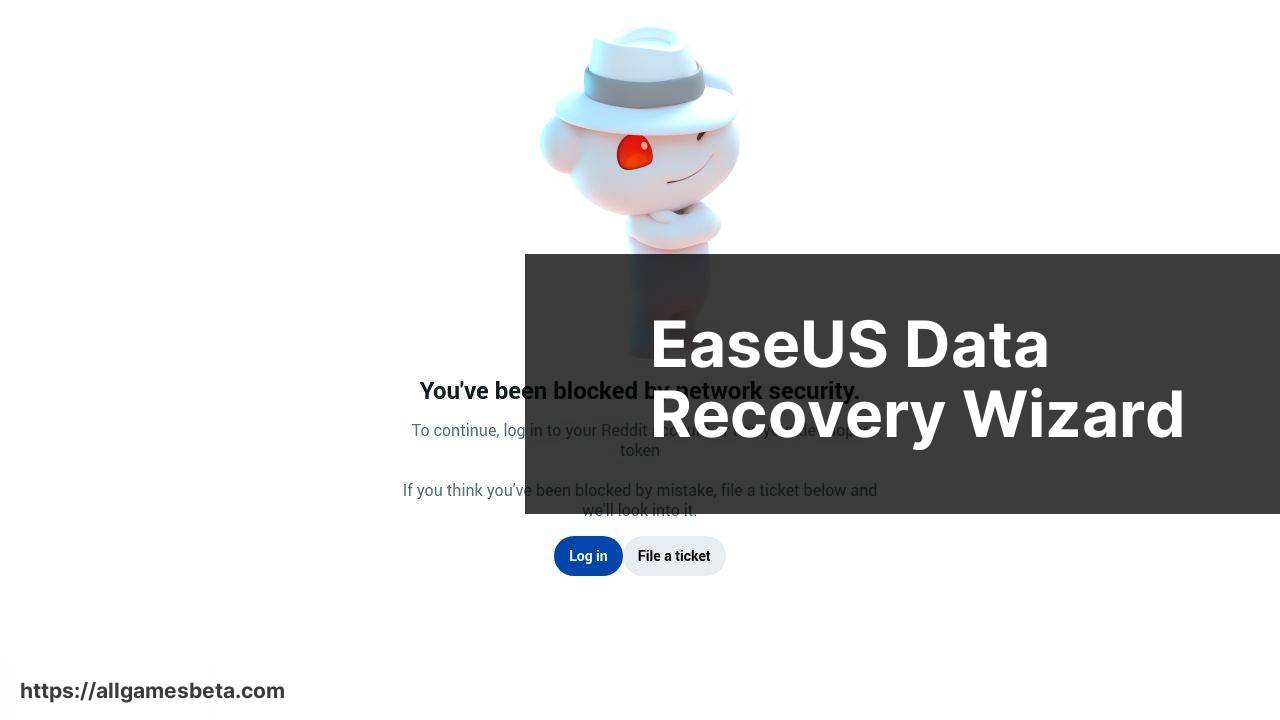
EaseUS is a well-known name in the world of data recovery. The EaseUS Data Recovery Wizard supports a wide range of file types and offers a user-friendly interface, making it an excellent choice for both beginners and advanced users.
Pros
- Intuitive user interface
- Supports multiple file types
Cons
- Free version has limited recovery capacity
- Can be slow with large volumes of data
Recuva
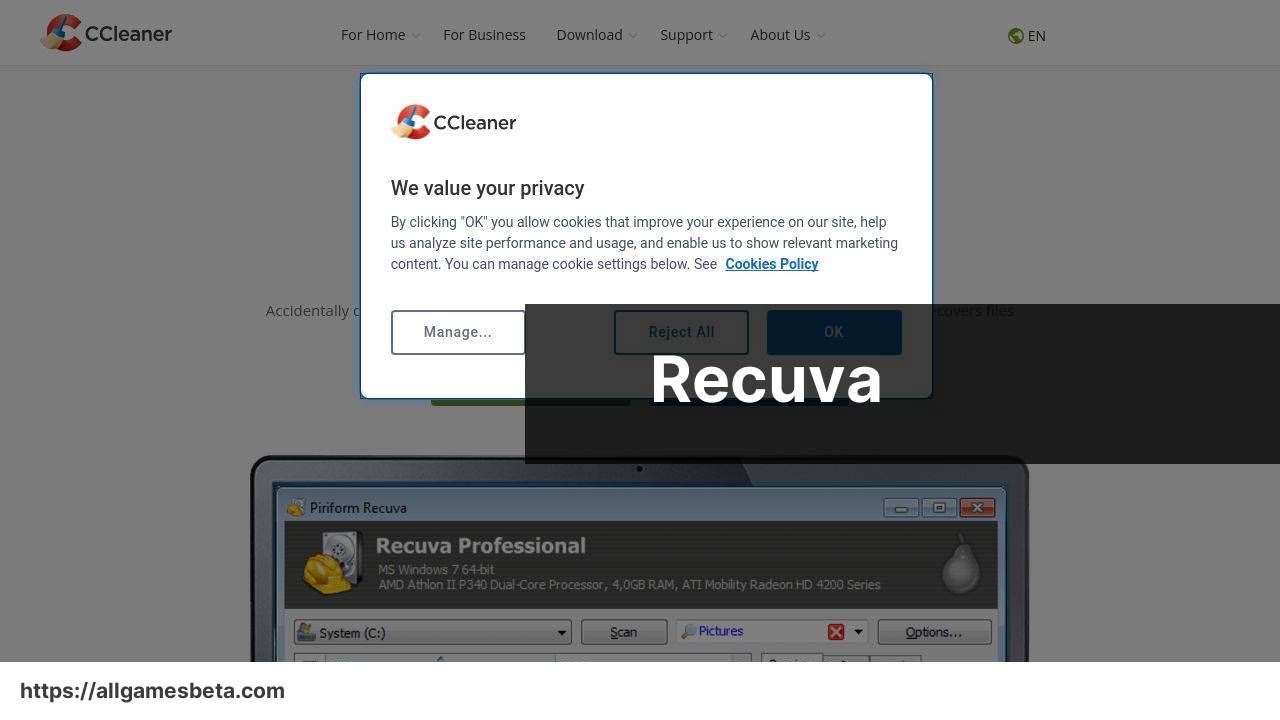
Developed by the same team behind CCleaner, Recuva is a lightweight, free data recovery tool. It’s particularly useful for recovering files from damaged or newly formatted drives and boasts an easy-to-navigate interface.
Pros
- Free and easy to use
- Deep scan mode for thorough recovery
Cons
- May not recover all file types
- Interface feels a bit outdated
Stellar Data Recovery
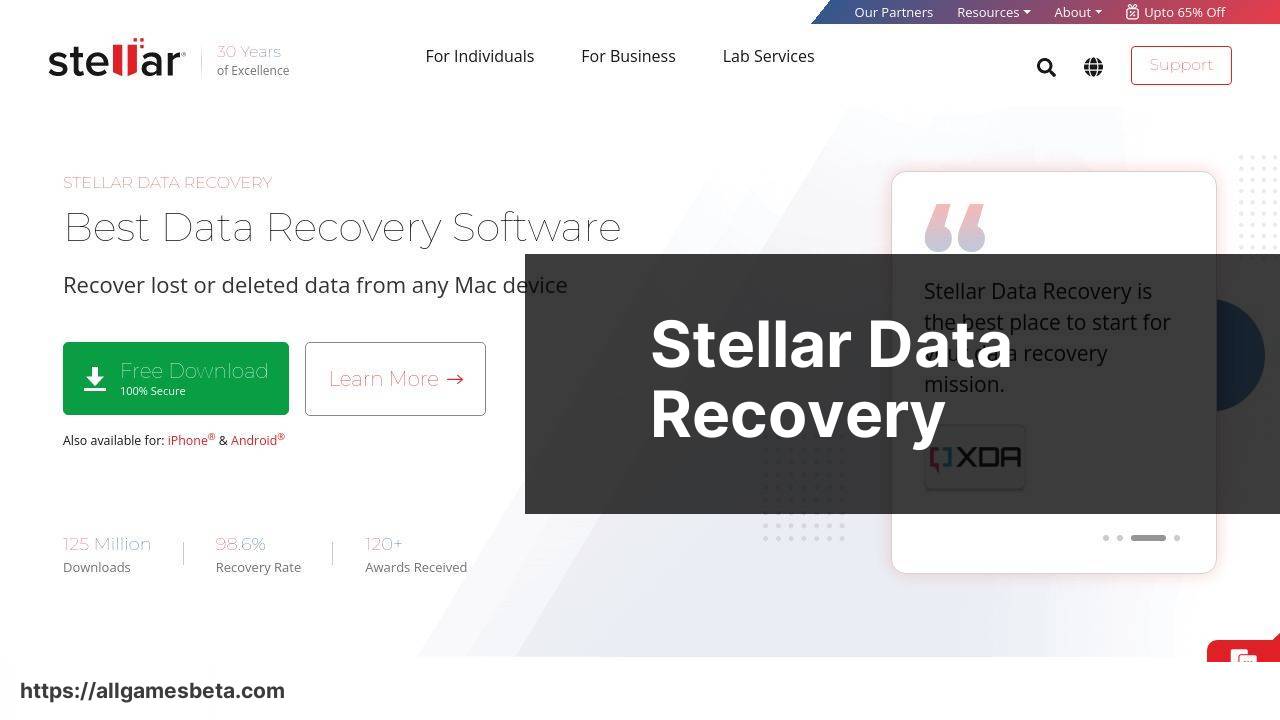
Stellar offers a powerful data recovery solution with versions for both Windows and Mac. It’s suitable for recovering files from a variety of sources including hard drives, SSDs, and USB drives.
Pros
- Comprehensive recovery options
- Available for both Windows and Mac
Cons
- Can be a bit pricey
- Scan times can be lengthy
Disk Drill
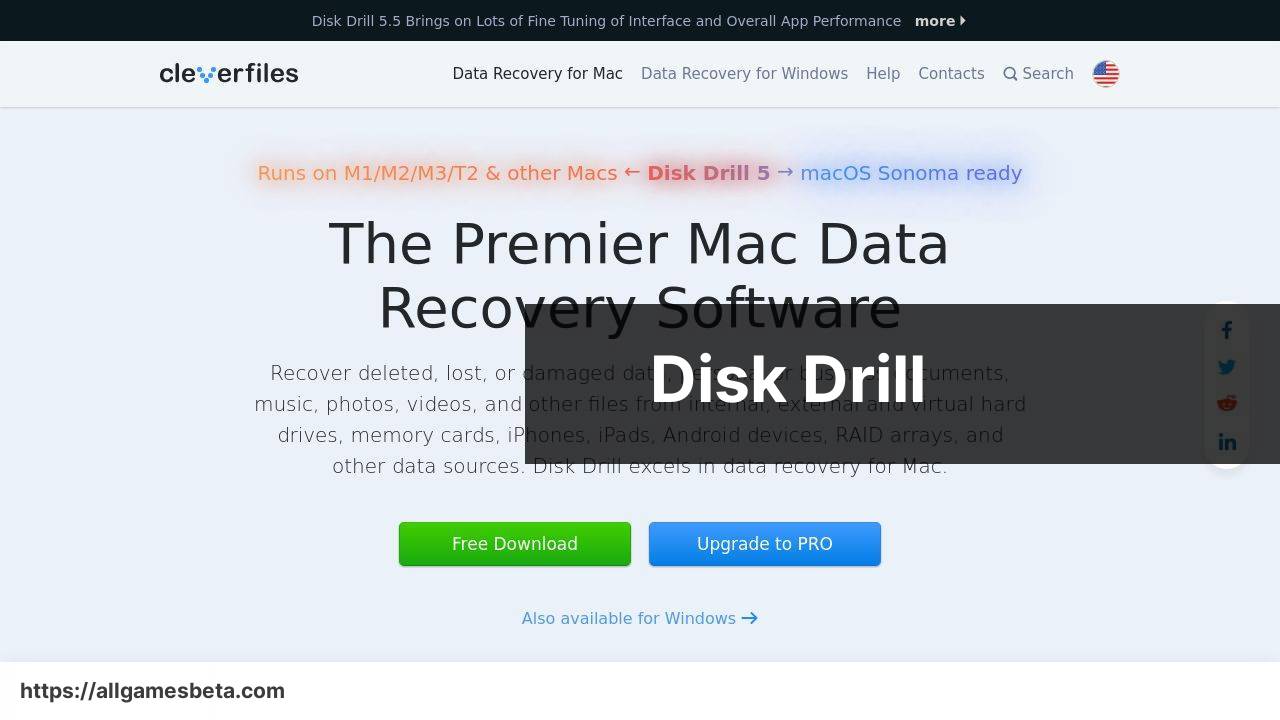
Disk Drill offers a robust and reliable data recovery solution. It supports a wide range of file types and storage devices, including memory cards and iPods, making it a versatile tool in your data recovery arsenal.
Pros
- Wide range of supported file types
- User-friendly interface
Cons
- Free version has limited features
- May require multiple scans for full recovery
MiniTool Power Data Recovery

MiniTool offers a versatile data recovery tool that’s especially effective for recovering lost documents, photos, and videos. It supports various storage devices including HDDs, SSDs, and USB drives.
Pros
- Effective for multimedia recovery
- Supports various storage devices
Cons
- Limited features in the free version
- Interface could use an update
Data Rescue
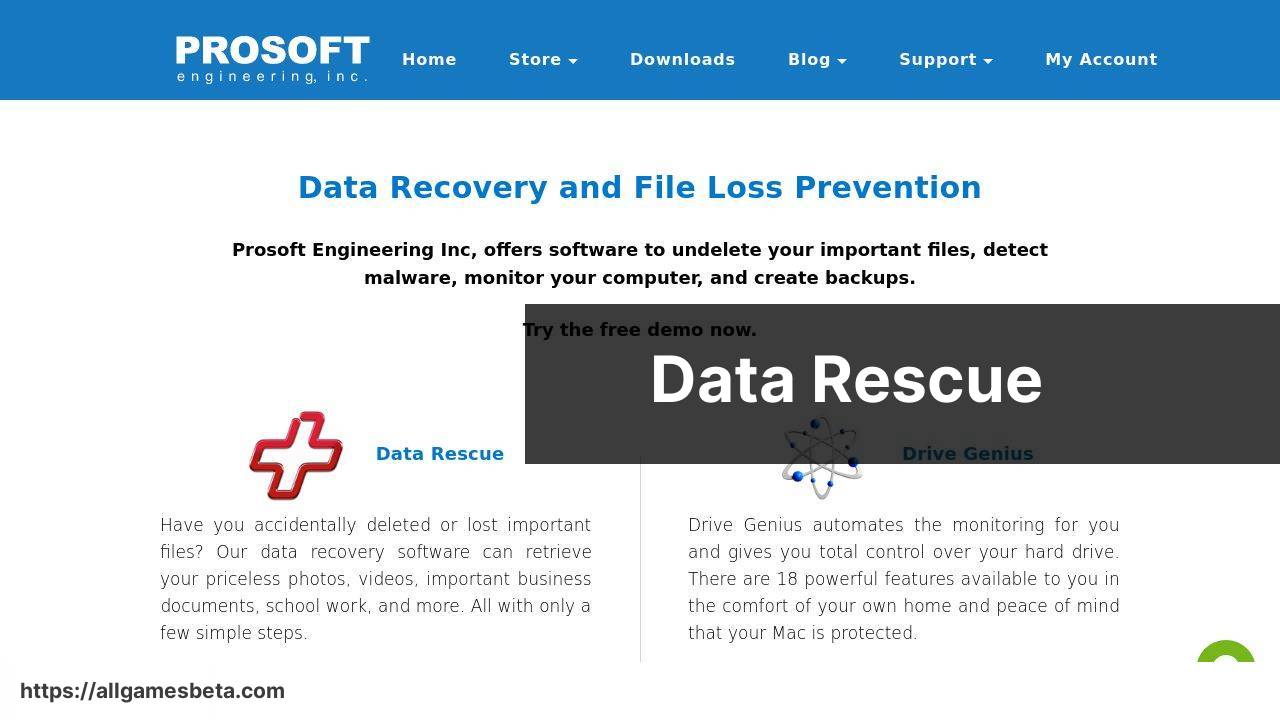
Developed by Prosoft Engineering, Data Rescue is a professional-level data recovery tool suitable for both personal and enterprise use. It’s particularly effective for recovering data from crashed drives.
Pros
- Professional-level recovery
- Great for crashed drives
Cons
- Steep learning curve
- Expensive compared to other options
Wondershare Recoverit

Wondershare Recoverit is an intuitive and effective data recovery tool that supports over 1,000 file types. It’s versatile, allowing you to recover data from hard drives, SSDs, USBs, and even cameras.
Pros
- Supports over 1,000 file types
- Intuitive user interface
Cons
- Pricey premium version
- Limited features in the free version
UndeleteMyFiles Pro
UndeleteMyFiles Pro is a straightforward and free data recovery tool. It’s ideal for quick recoveries and even offers a disk imaging feature to create an exact copy of your storage device.
Pros
- Free to use
- Disk imaging feature
Cons
- Limited advanced features
- Basic user interface
Conclusion:
When dealing with data loss, it’s crucial to understand that not all data recovery services are created equal. There are different methods and tools available, each with its own set of strengths and limitations.
First, consider the type of data loss you’re dealing with. For instance, if you’ve accidentally deleted files, tools like Recuva or EaseUS Data Recovery Wizard might be sufficient. These tools are designed to recover deleted files by scanning the storage device and locating data remnants that haven’t been overwritten. However, if you’re dealing with hardware failure, more specialized tools like Data Rescue and Stellar Data Recovery may be necessary.
Another consideration is the complexity of the recovery process. Some tools offer a straightforward, user-friendly interface, making it easy for anyone to recover lost data with just a few clicks. Others are more advanced and may require a higher level of technical expertise. For example, UndeleteMyFiles Pro and MiniTool Power Data Recovery are great for beginners, while Wondershare Recoverit and Disk Drill offer more advanced features for seasoned users.
It’s also wise to consider backup solutions. Regular backups can save you a lot of headaches. Services like Backblaze and Carbonite automate the backup process, ensuring that you always have an up-to-date copy of your important files.
If you’re uncertain about which data recovery service to choose, consulting directories or forums that specialize in data recovery services can be highly beneficial. Trusted sources like Reddit offer communities where experts and users share their experiences with different quality data recovery companies, helping you make an informed decision.
Finally, remember that prevention is key. Regular maintenance of your devices, staying updated with software patches, and avoiding risky behaviors like downloading unverified software are simple yet effective ways to minimize the risk of data loss. For more tips, services, and updates, always keep an eye on trusted tech websites and forums.
Get a deeper understanding of data recovery by joining the conversations on the Reddit Community. Explore a range of techniques, tools, and firsthand experiences shared by those who have recovered lost data.
FAQ
What is data recovery?
Data recovery is the process of retrieving lost, inaccessible, or corrupted data from devices like hard drives, SSDs, USBs, and mobile devices to recover critical information.
How do data recovery services work?
Data recovery services utilize specialized techniques and equipment, either by software or hardware intervention, to locate and extract data from damaged or compromised storage devices.
What are common causes of data loss?
Data loss can occur due to physical damage, accidental deletion, virus attacks, software corruption, hardware failures, and natural disasters like floods or fires.
Can data be recovered from a physically damaged device?
Yes, specialized data recovery services can extract data from physically damaged devices using cleanroom environments and advanced recovery technologies.
What are leading data recovery software options?
Popular data recovery software includes EaseUS Data Recovery Wizard, Stellar Data Recovery, and Recuva, which offer user-friendly interfaces to recover data from various scenarios.
What are some reliable professional data recovery services?
Top professional data recovery services include SalvageData, Gillware, and DriveSavers, specializing in advanced recovery solutions for complex cases.
Is data recovery always successful?
While many data recovery efforts are successful, success rates depend on the extent of damage and condition of the storage media. Consulting with experts improves the chances significantly.
How long does data recovery typically take?
The duration of data recovery depends on the complexity and extent of damage. It can range from a few hours to several days for specialized cases.
Are there risks involved in data recovery?
DIY data recovery attempts can result in permanent data loss. Using reputable services or software minimizes the risk and ensures better data retrieval outcomes.
How can one prevent data loss?
Regular data backups, using antivirus software, keeping devices in cool environments, and protecting storage devices from physical damage are effective measures to prevent data loss.
